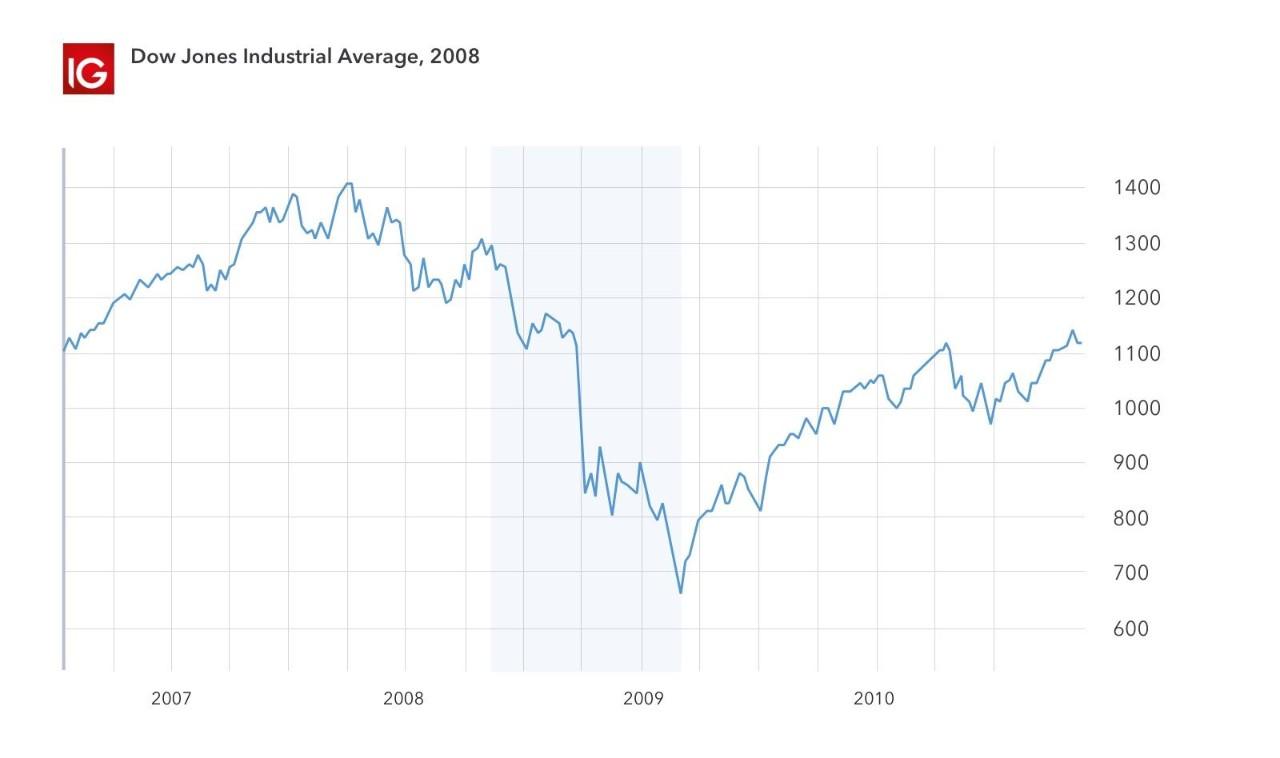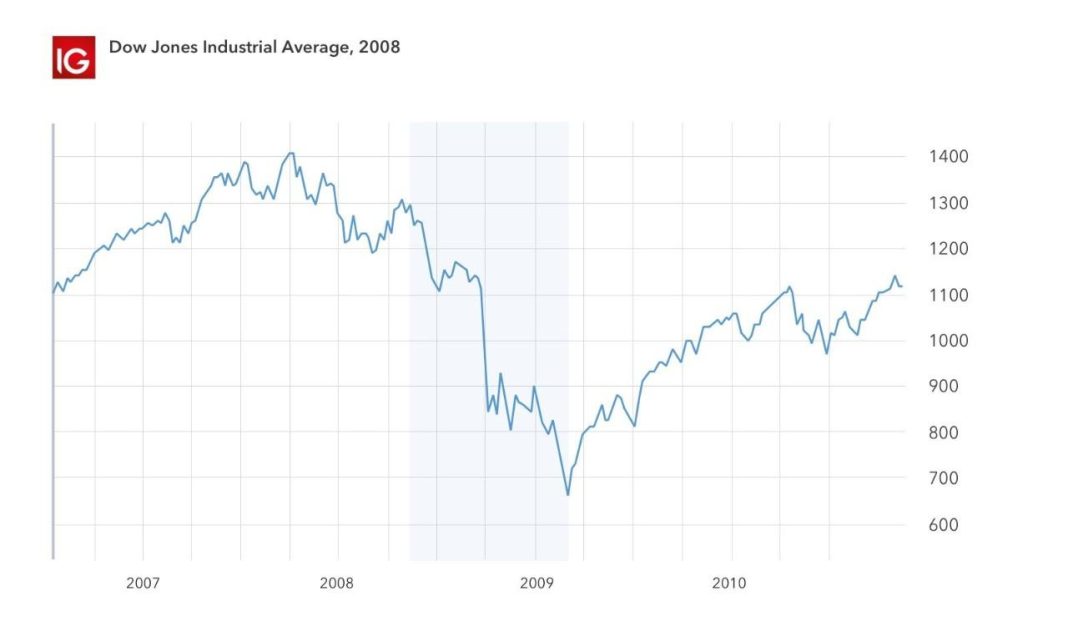
Wall Street experienced another significant decline, resulting in the worst week for the market in the past 18 months. This downward trend was triggered by a disappointing jobs report, which heightened concerns about the state of the economy. The S&P 500 fell 1.7 percent on Friday, with tech companies like Broadcom and Nvidia leading the market lower. The Nasdaq composite also suffered, dropping 2.6 percent, while the Dow Jones Industrial Average decreased by 1 percent.
The volatility in the market was reflected in Treasury yields, which initially tumbled, recovered slightly, and then fell again after the release of the jobs report. The report indicated that employers had hired fewer workers in August than expected, fueling worries about economic growth.
Specifically, on Friday, the S&P 500 fell by 94.99 points, or 1.7 percent, closing at 5,408.42. The Dow Jones Industrial Average experienced a decline of 410.34 points, or 1 percent, finishing at 40,345.41. The Nasdaq composite dropped 436.83 points, or 2.6 percent, reaching 16,690.83. Additionally, the Russell 2000 index, representing smaller companies, fell by 40.65 points, or 1.9 percent, closing at 2,091.41.
These losses were not limited to a single day but extended throughout the week. The S&P 500 declined by 239.98 points, or 4.2 percent, over the course of the week. Similarly, the Dow Jones Industrial Average experienced a drop of 1,217.67 points, or 2.9 percent, while the Nasdaq composite saw a decrease of 1,022.79 points, or 5.8 percent. The Russell 2000 index also suffered, falling by 126.23 points, or 5.7 percent.
However, it is important to consider these figures in the broader context of the year’s performance. Despite the recent downturn, the S&P 500 has still gained 638.59 points, or 13.4 percent, this year. The Dow Jones Industrial Average is up by 2,655.87 points, or 7 percent, and the Nasdaq composite has risen by 1,679.48 points, or 11.2 percent. The Russell 2000 index has also experienced growth, albeit more modestly, with an increase of 64.33 points, or 3.2 percent.
While the recent market decline raises concerns about the economy, it is crucial to avoid making rash investment decisions based solely on short-term fluctuations. Volatility is a natural aspect of the stock market, and it is important to adopt a long-term perspective when evaluating investment strategies. As renowned investor Warren Buffett once said, “The stock market is a device for transferring money from the impatient to the patient.”
It is also worth noting that the stock market does not necessarily reflect the overall health of the economy. While it is an important indicator, there are other factors at play, such as interest rates, consumer spending, and global economic conditions. Therefore, it is advisable to consult with financial experts and consider a diversified portfolio to mitigate risks and maximize long-term returns.
In conclusion, the recent market decline highlights the volatility and uncertainty that can arise due to various factors, such as disappointing jobs reports. While the losses experienced this week are significant, it is crucial to maintain a long-term perspective and avoid making impulsive investment decisions. By seeking advice from financial professionals and diversifying investments, investors can navigate the ever-changing landscape of the stock market and position themselves for long-term success.

